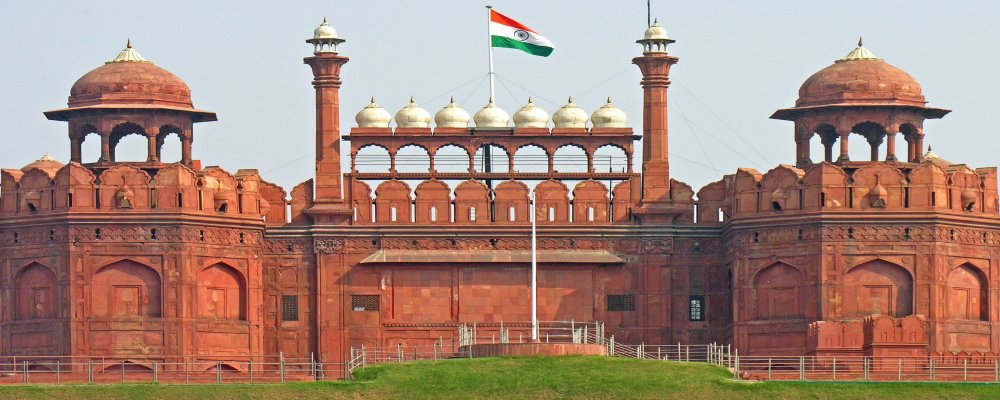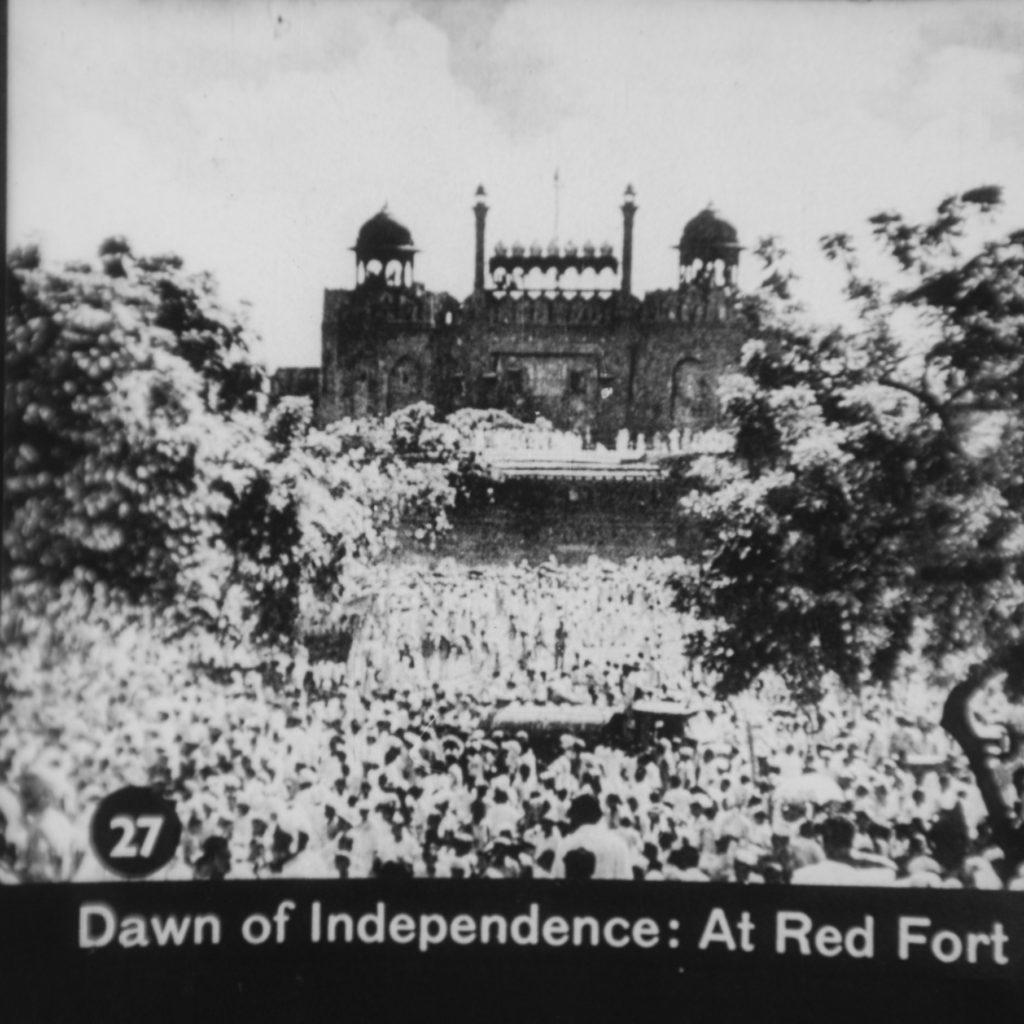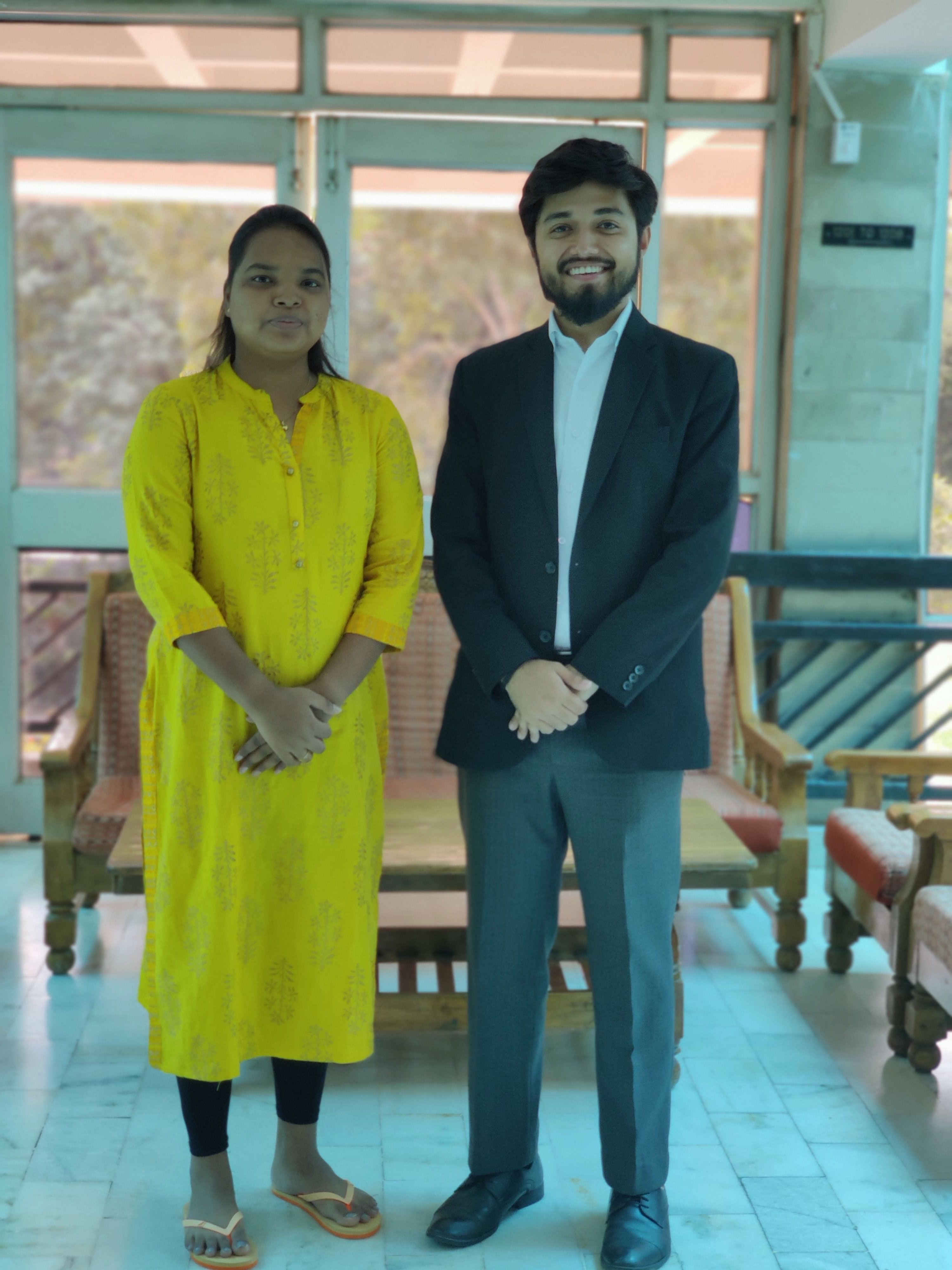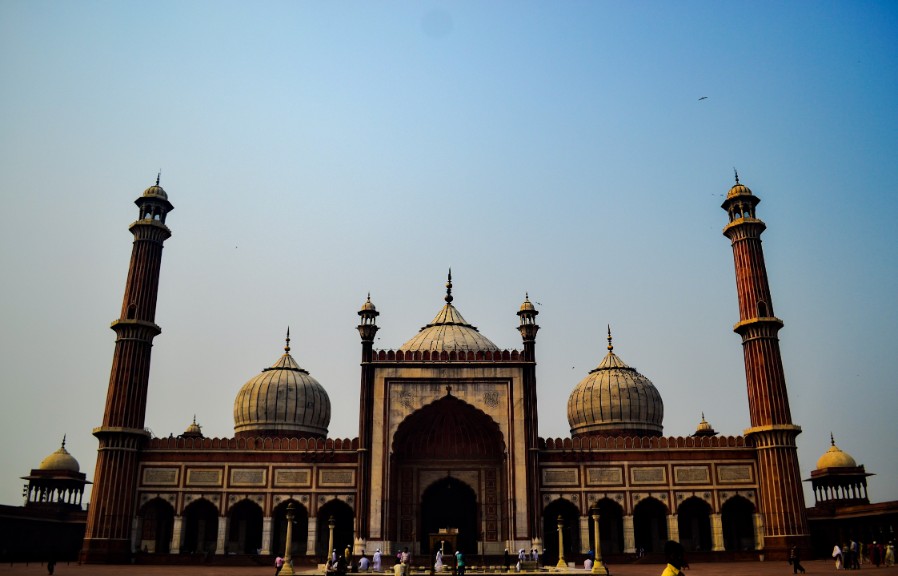Promise of the Preamble
By Shriya Tandon

In succinct terms, the Preamble of a Constitution is an introduction to the said voluminous document; it guides the reader and explicitly conveys the underlying philosophy of the Constitution which is a reflection of the vision of its creators. As per the Preamble of the Indian Constitution, the framers resolved to ensure that the country they had played part in freeing from the clutches of the foreign rule was sovereign, democratic, and a republic in nature. More importantly, they aspired to give unto their citizens, principles of ‘Justice, Liberty, Equality and Fraternity’. Therefore, the promise of the Preamble was to secure the universally challenged and the controversial principles for its citizens. On this Independence Day, let’s absorb the reality around us and realize the extent to which the promise has been fulfilled.
From being scrutinized heavily for succumbing to political pressures during the Emergency, to flourishing as a progressive institution for decades right after, the institution of Justice has had its fair share of peaks and valleys. Verdicts such as Decriminalization of Section 377, and the recent one that established daughters’ equal rights to ancestral property – they all show the judiciary in a favourable light. But let’s not forget to consider the flip side of this coin which portrays just how the ideal of justice is being toyed with. Seats are allegedly being exchanged for verdicts that favour the party in power; the Chief Justice of India is apparently allowed to travel on a bike without a mask or helmet on; and the ‘contempt of court’ is being used to punish individuals who dare criticize the functioning of the judiciary in a democracy. In such a situation, can we as concerned citizens, be allowed to speak up? What do we choose to do?
The Preamble goes on to promise liberty of thought, expression, belief, faith and worship to its citizens. We may not be under a national emergency like in 1975, but our liberties are just as threatened today, if not more. As a nation, we have indeed progressed in the sense that we are more open to the diversity of thought, faith and lifestyle – but is being open to differences enough? There isn’t much that can be said.

We have to learn to be accepting of them and allow them to co-exist with our set of customs and values. From the countless examples we have seen till date, the current freedom of expression is the privilege of the upper-class and upper-caste citizens who do not get imprisoned easily for pointing out the lacunae and pitfalls of our government’s policies. Maybe, the freedom of belief, faith, and worship is all yours if it aligns with those in power.
When George Orwell wrote, “All animals are equal, but some animals are more equal than others” he probably foresaw the future of countries like ours. Today, by definition we are all formally equal because every new policy and law seems to provide greater opportunities while also pledging to enhance the nature of equality in India. However, preying on minorities with bills under the garb of protecting them, blatantly ostracizing the lower castes and pampering the privileged doesn’t quite fit the definition of ‘equality’, does it? According to an article in The Economic Times, “Crimes and atrocities against Dalits rose in 2016, as per the most recently available government statistics, including a 25 per cent jump in UP alone.” Adding to that, as per a 2019 report by Human Rights Watch, “…there was nearly a 500 per cent increase in the use of communally divisive language in speeches by elected leaders—90 per cent of them from the BJP—between 2014 and 2018, as compared to the five years before BJP came to power.” BJP may have given the highest number of women MPs in the history of the nation, who may or may not be feminists, but how does this help us if the statistics are showing us something else altogether? Crimes against women have increased by 34 per cent with a staggering 82 per cent increase in the assault on women. How can people be expected to take advantage of increasing opportunities when they constantly fear for their life, especially when their civil liberties are being threatened?
Then there is the promise of fraternity that would ensure the dignity of individuals and unity of the nation. In a political scenario wherein parties compete for power rather than to do well by the citizens, one can only imagine the status of the nation’s unity. Of course, we have a united front against any foreign enemy, but is that out of brotherhood for one another or is it simply out of fear? Maybe we have to start asking the right questions.
In conclusion, it’s not all bad. But while we’re taking a step in the right direction, we are also moving two steps back. It’s not just the political parties indulging in politics where things are diplomatic or unfair, but it’s a matter of everybody, inclusive of us citizens, lacking a nationalistic agenda and vision. Long story short, the promise of the Preamble is a far cry from what it is meant to do, but today is not the day to lose hope. It is the day to face the facts and pledge to be a better citizen. If you’re not going to do it, who is?
Disclaimer: All views expressed in this article are of the author and do not, in any way, reflect the opinions of the members associated with this organization. They are not intended to malign any group, organization, company, or religion.


